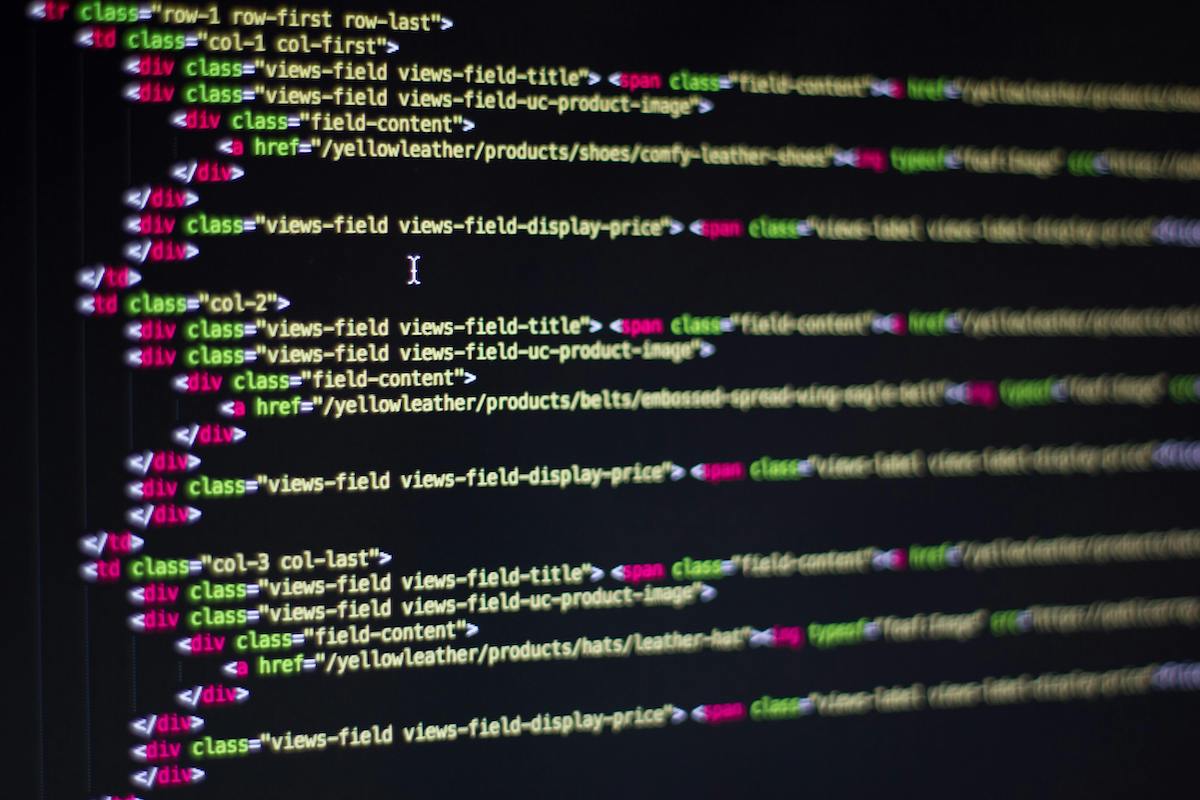Smart contracts have revolutionized the landscape of decentralized finance (DeFi), offering a trustless and efficient way to execute agreements and transactions on blockchain networks. Understanding the basics of smart contracts is crucial for navigating the rapidly evolving DeFi space. In this article, we delve into the fundamental concepts of smart contracts in DeFi, exploring their functionality, benefits, limitations, popular use cases, key considerations for implementation, and the future implications of this innovative technology.
Introduction to Smart Contracts in DeFi
Overview of Decentralized Finance (DeFi)
Welcome to the wild world of Decentralized Finance, or DeFi for short. In a nutshell, DeFi is like the rebellious cousin of traditional finance, ditching the suits for blockchain technology and open-source networks. At the heart of DeFi lies smart contracts, the digital workhorses that make things happen without the need for a middleman.
How Smart Contracts Work in Decentralized Finance
Explanation of Smart Contracts
Smart contracts are self-executing agreements written in code that automatically execute and enforce the terms of a contract when certain conditions are met. Think of them as trusty digital assistants, ensuring that transactions are carried out exactly as programmed.
Role of Smart Contracts in DeFi Ecosystem
Smart contracts are the backbone of DeFi, powering everything from lending and borrowing platforms to decentralized exchanges. They enable users to interact directly with each other in a secure and transparent manner, cutting out the need for traditional financial institutions.
Benefits and Limitations of Smart Contracts
Advantages of Smart Contracts in DeFi
Smart contracts bring a laundry list of benefits to the table, including increased efficiency, reduced costs, enhanced security, and unparalleled transparency. They also open up a world of financial opportunities to individuals who may not have had access to traditional banking services.
Challenges and Risks Associated with Smart Contracts
While smart contracts offer a plethora of advantages, they are not without their risks. Bugs in the code, regulatory uncertainties, and potential security vulnerabilities pose challenges that the DeFi community must address to ensure the continued growth and sustainability of the ecosystem.
Popular Use Cases of Smart Contracts
Automated Market Making
Automated market makers (AMMs) use smart contracts to facilitate trading and liquidity provision on decentralized exchanges. AMMs like Uniswap and SushiSwap have revolutionized the way users swap tokens and provide liquidity, all thanks to smart contract magic.
Decentralized Exchanges (DEX)
Decentralized exchanges allow users to trade cryptocurrencies directly with each other, eliminating the need for a central authority. Smart contracts play a crucial role in ensuring that trades are executed securely and that funds are safely transferred between parties.
Yield Farming and Liquidity Provisioning
Yield farming and liquidity provisioning have become hot topics in the DeFi space, with users locking up their assets in smart contracts in exchange for rewards. Smart contracts handle the distribution of rewards and ensure that users are fairly compensated for providing liquidity to various DeFi protocols.
Key Considerations for Implementing Smart Contracts
Security Best Practices
When it comes to implementing smart contracts in DeFi, security should be your best friend. Think of security practices as the lock on your crypto vault – you wouldn’t want any cyber thieves sneaking in! Be sure to conduct thorough code audits, use secure development frameworks, and consider bug bounty programs to keep those pesky vulnerabilities at bay.
Interoperability and Standards
In the world of DeFi, interoperability is like the social butterfly who can mingle and connect with various platforms effortlessly. When implementing smart contracts, consider adhering to industry standards and protocols to ensure seamless integration with other DeFi projects. Remember, collaboration is key – we’re all in this decentralized boat together!
Compliance and Regulatory Considerations
Ah, compliance – the necessary evil that keeps the suits happy. While the DeFi space values decentralization, it’s crucial to stay on the right side of the law. Be aware of regulatory considerations in your jurisdiction, implement robust KYC (Know Your Customer) procedures, and consider seeking legal counsel to navigate the murky waters of compliance. Remember, it’s better to be safe than sorry (and fined).
The Future of Smart Contracts
Ah, the crystal ball question – what does the future hold for smart contracts in DeFi? Well, my friend, the possibilities are as endless as a blockchain. As technology evolves and adoption grows, we can expect smart contracts to play an even more significant role in reshaping traditional finance. Imagine a world where financial transactions are automated, transparent, and accessible to all – that’s the future we’re heading towards with smart contracts leading the charge. So buckle up, because the DeFi revolution is just getting started!In conclusion, smart contracts play a pivotal role in shaping the decentralized financial ecosystem, offering unprecedented levels of automation, transparency, and security. As DeFi continues to mature and expand, the integration of smart contracts will likely become even more prevalent, driving innovation and transforming traditional financial processes. By grasping the fundamentals of smart contracts in DeFi, individuals and organizations can harness the full potential of this disruptive technology to create new opportunities and redefine the future of finance.






